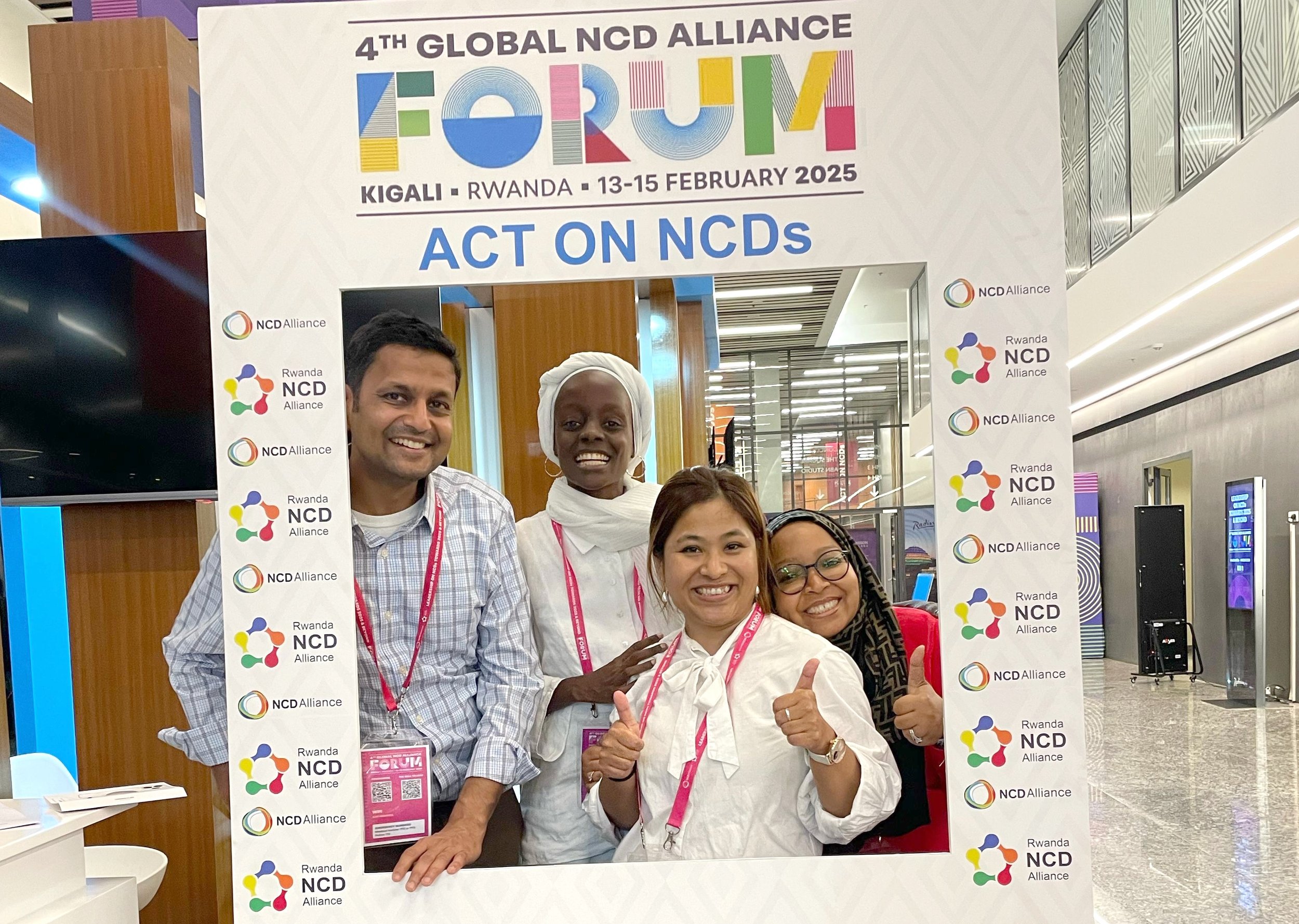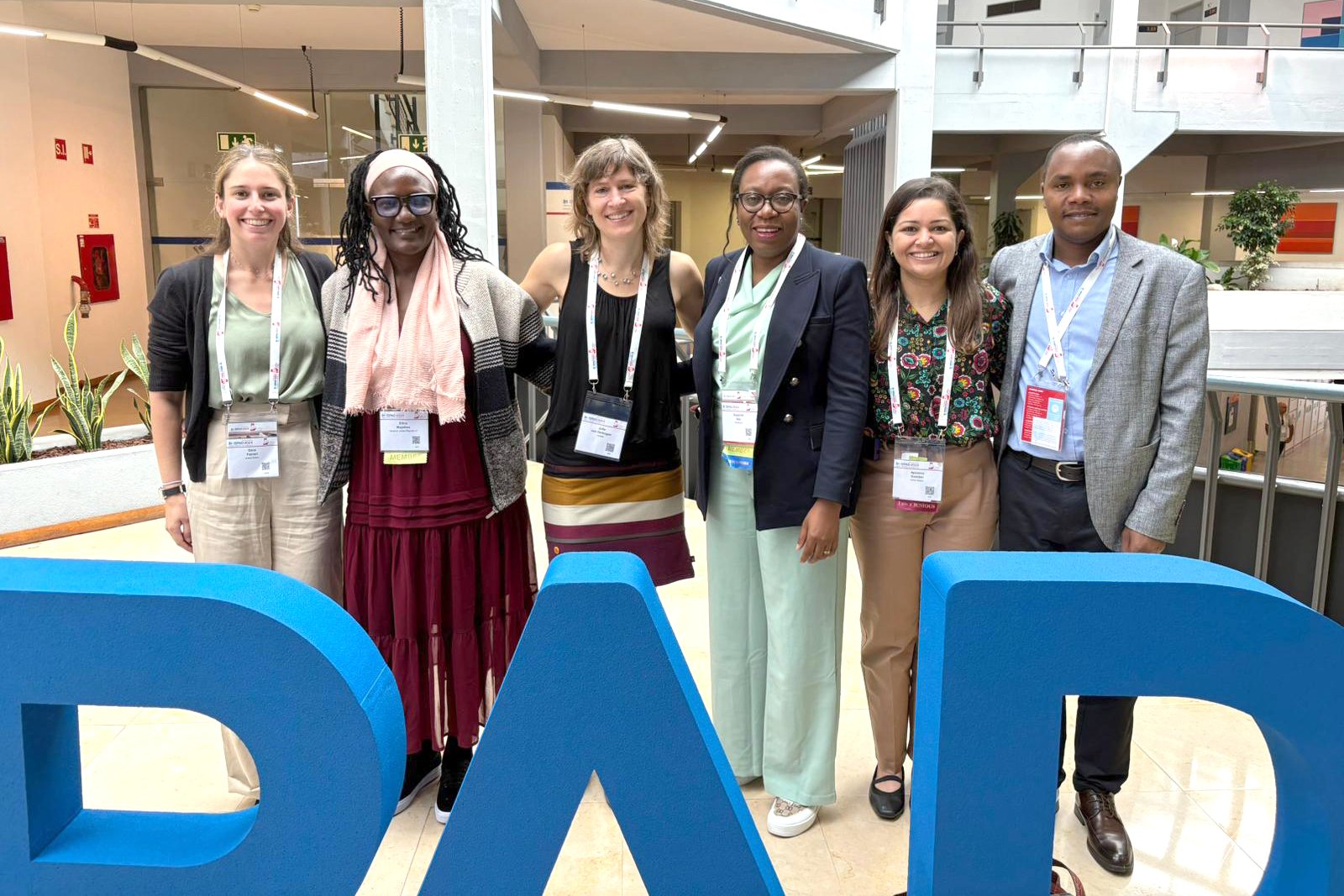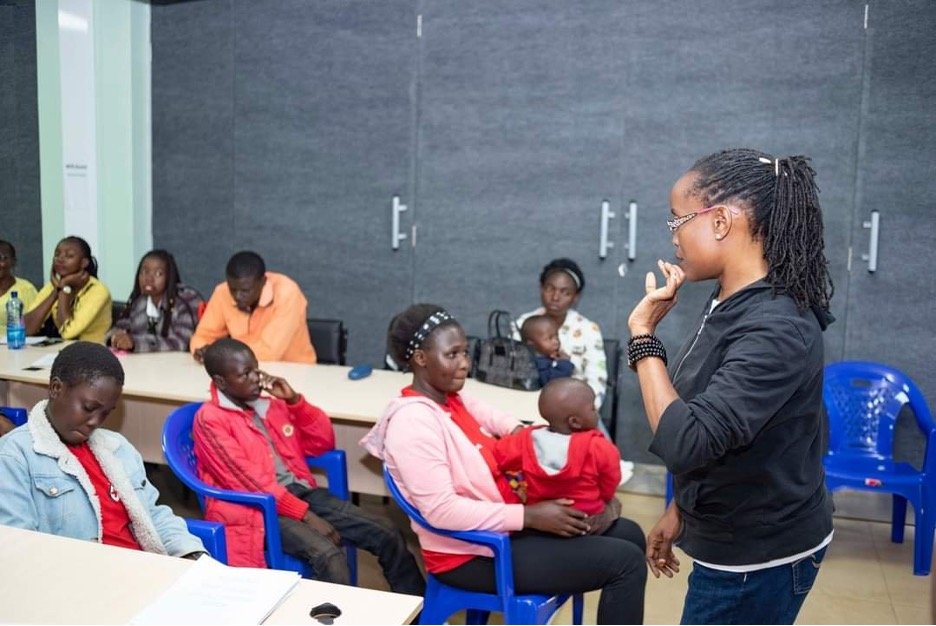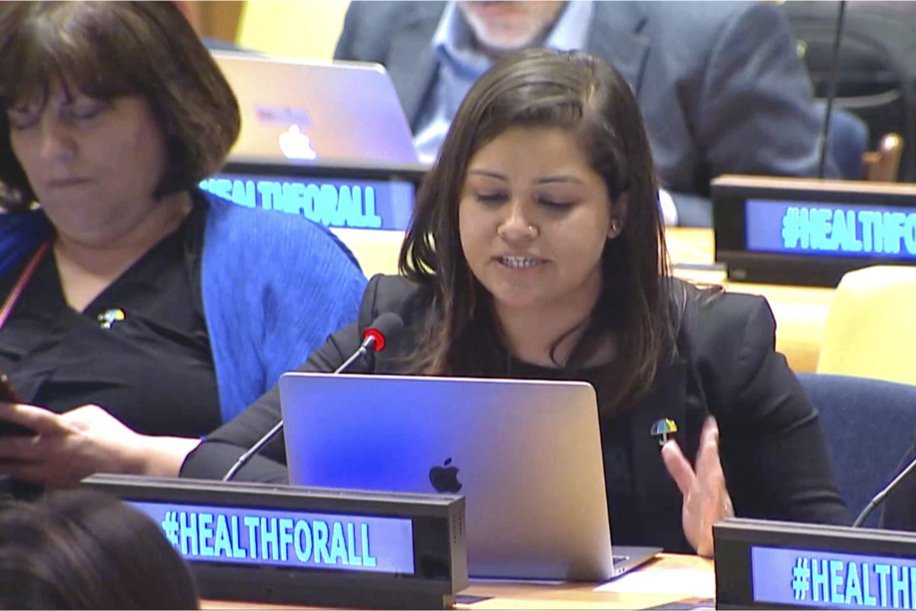News and Stories

‘A Solution That Works’: PEN-Plus Praised at the Global NCDA Forum
The NCDI Poverty Network’s recent week of advocacy in Rwanda included visits to two hospitals, a conference with more than 700 attendees, a panel with four expert speakers, and one recurring theme: the recognition that PEN-Plus is an effective model for mobilizing action and financing to increase access to care for people living with severe, chronic noncommunicable diseases.

“Nothing For Us, Without Us”
The International Society for Pediatric and Adolescent Diabetes meeting in October shined a spotlight on patient advocates as key stakeholders in developing guidelines for type 1 diabetes care globally.

Network Hosts First Advocacy Summit
Following the International Conference on PEN-Plus in Africa, the NCDI Poverty Network hosted the first Voices for PEN-Plus Advocacy Summit. The event, held in Dar es Salaam, Tanzania, on April 26, brought stakeholders together to brainstorm ideas for increasing the scope and effectiveness of advocacy initiatives.

Stronger Together: The Power of Patient Organizers in the Fight for Global Health Justice
“People living with chronic conditions have historically not been considered important decision-makers from a policy perspective,” said Dr. Apoorva Gomber, coauthor of an opinion piece recently published in PLOS Global Public Health.

Network Participates in the World Congress of Pediatric Cardiology and Cardiac Surgery
NCDI Poverty Network team members carried the flag for PEN-Plus at the 8th World Congress of Pediatric Cardiology and Cardiac Surgery, held in Washington, DC, in August. The event marked the first time the international conference took place in the continental United States.

Language Matters: Both a PEN-Plus Primer and Promise
The NCDI Poverty Network has produced “Language Matters,” a primer intended to sensitize PEN-Plus providers to the communication nuances involved in caring for people living with severe, chronic noncommunicable diseases.

Building Solidarity for Severe, Chronic Noncommunicable Diseases: Team PEN-Plus Runs in Support
“I run in support of the millions of people worldwide who live with type 1 diabetes,” said Dr. Apoorva Gomber, associate advocacy director of the Center for Integration Science in Global Health Equity at Brigham and Women’s Hospital. “I’ve run a marathon before and fundraised in the past. Still, this event was special because of the person who motivated my fundraising.”

Apoorva Gomber Delivers Impassioned Plea at UN Hearing
“Where a child lives should not determine whether a child lives,” declared Dr. Apoorva Gomber, associate advocacy director for the NCDI Poverty Network. “And yet children with type 1 diabetes in rural areas of sub-Saharan Africa often die within a year of diagnosis. This reality is morally unconscionable.”
